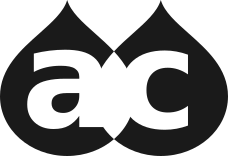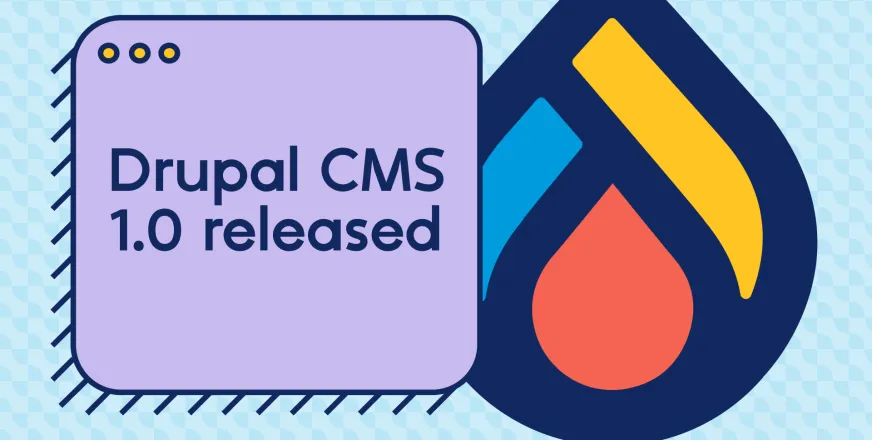Image from Dries Buytaert, licensed under CC BY-NC 4.0.
A previous post explored how Drupal CMS could help bring back smaller projects to Drupal. Looking at the current web development market, particularly around tools like Wix, I see something interesting about where this could lead.
The Wix Model: A Market Signal
Looking at online communities and discussions, we can see a growing trend of freelancers and small agencies building websites for local businesses using platforms like Wix. They typically charge $200-$400 for basic sites, often starting as side projects before expanding into full businesses. This isn't speculation - people are finding real opportunities meeting small businesses' needs for professional web presence at an accessible price point.
The limitation is clear though: these platforms have technical ceilings. When clients need more complex features or integrations, they often face the choice between staying limited or going through a complete platform migration.
Drupal CMS: Building the Foundation
Drupal CMS is already laying the groundwork for this vision. It's not just another site builder - it's a starting point that can actually grow. The technical foundation makes this possible: a site built with Drupal CMS can evolve as needs change without requiring a platform switch.
The difference is in the architecture. The new drag-and-drop tools make initial site building accessible, and the AI integration goes even further, helping users with tasks like adding new fields to content types. With the Experience Builder on the way, it's only getting better. Yet underneath this intuitive interface, the underlying Drupal framework means you're not locked into simplified templates - you can add complexity gradually, using more of Drupal's capabilities as needed.
Where IXP Fits: Skills for the Full Spectrum
For this to work, we need people who can help these sites grow - and that means more than just developers. The IXP Initiative can support both site builders and developers, creating a natural progression path. Agencies could start bringing in entry-level site builders to handle Drupal CMS projects, then help them grow into more complex roles as needed.
Think about the progression:
- Site builders start creating client sites with Drupal CMS
- As clients need more features, they learn to do more complex configurations
- Some may eventually move into development roles
- Both the sites and the team members' skills grow organically
This broader approach to IXP means agencies can build teams that match the full range of project needs - from simple Drupal CMS builds to complex enterprise solutions.
The Growth Path
This creates a practical pathway:
- Start: Simple Drupal CMS builds for local businesses
- Growth: Add features as needed using Drupal's flexibility
- Scale: Access to full Drupal capabilities when required
The key is that it's the same platform throughout. No migrations, no rebuilds - just progressive enhancement as needs evolve.
Looking Forward
The web development market is clearly showing that accessible site-building services are in demand. Instead of leaving this space to closed platforms, Drupal has an opportunity to create something better: a system where both websites and developer skills can grow naturally.
This isn't just about competing with Wix - it's about building something more sustainable. For Drupal agencies, adding smaller projects to their portfolio alongside enterprise work could actually improve business stability. When you have a mix of projects at different scales, you create more opportunities for growth. Better yet, those smaller projects can grow into larger ones over time - and with Drupal CMS, they're already on the right platform to do so. This approach reduces risk while maintaining the high-value enterprise work that Drupal does so well.
Will everything be perfect? No. There will be challenges as we continue improving Drupal CMS. But the potential for a more sustainable ecosystem - from individual freelancers to established agencies - is worth pursuing.
Curious about your thoughts on this direction. If you're working with Drupal sites that have grown in complexity over time, what challenges have you encountered?


Comments for article
Agreed. The missing piece for site builders to take on projects for small businesses independently is very easy hosting & maintenance. We’re building that missing piece and plan to launch it at DrupalCon (see drupito.com )
Essentially it’s a hosted DrupalCMS with easier theming and components available out of the box so site builders can launch projects right away. It has a few restrictions (e.g. no custom modules for now) to enable automated updates & better security. But when client needs (and/or budgets) grow they can push their site to an unrestricted host.
So we see the future as:
1. Sitebuilders build & launch with DrupalCMS on drupito.com
2. When/if site needs more complexity (eg custom modules), push site from drupito to other host (e.g. Acquia) and a developer (or the same, now more experienced, sitebuilder) continues the old fashioned way from there
We hope to have it launched by DrupalCon - updates will be posted to drupito.com if you’d like to follow :)
Add new comment